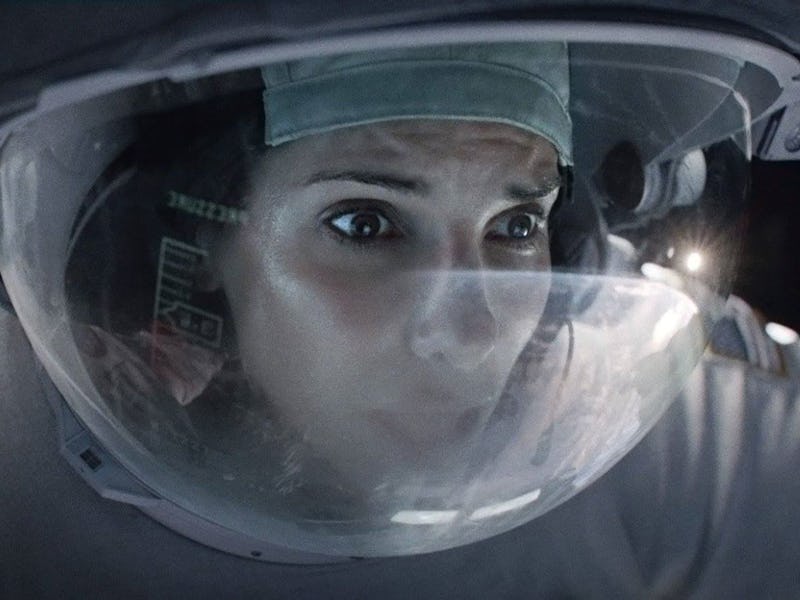Rotten Tomatoes Consensus on Oscar Winners Has Gotten Worse Over Time
Rotten Tomatoes clarifies whom critics and fans believe should have won Best Picture at the Oscars.

The annual wave of Oscar griping — with the exception of this year, in which a ludicrously white roster of nominees and stupid statements from actors pre-empted it — often revolves around the preferential treatment of textbook “Oscar fare.” There are always daring movies that are left out of the major running, or nominated but clearly don’t have a prayer. Often, treacly but well-acted period pieces like The King’s Speech or piles of pretentious, shortsighted, and offensive garbage like Crash prevail. They are the “safe” choices, of course, at which critics scoff.
So what would happen if all the critics could choose, and not the oldies and the insiders of the Academy? How much more right and hip is the critical consensus? A UK blogger and Rotten Tomatoes user, James Story, analyzed the data by decade in the Academy’s career:
“I checked the Rotten Tomatoes percentage for every Best Picture nominee in Academy history. Here’s who they think should’ve won.”
From a cursory analysis, things don’t look too much crazier in the Rotten Tomatoes universe. One trend I think we can safely identify, though, is that the consensus has gotten stupider over the years; also, possibly, movies have gotten worse. Since with the older films we have retrospective analyses being taken into account, there’s also there’s evidence here that some great art doesn’t get the attention it deserves during its time. Perhaps we need more time to figure these things out.
In the 1930s, wonderful and weird Josef von Sternberg classic Shanghai Express got a treatment it never would have gotten from the Academy from Rotten Tomatoes, being essentially a cult film. Jean Renoir’s classic, humanistic war drama Grand Illusion got its due.
In the ’40s, critics rightfully catapulted Orson Welles classics Citizen Kane and the arguably even more brilliant The Magnificent Ambersons to the top of the charts. The fact that the films performed only modestly commercially doubtless has something to do with it. Welles is a figurehead in the history of cinema — a renegade filmmaker who tried so much weird stuff that he was eventually forced to make his Shakespeare and Kafka adaptations abroad.
From 1950-1959, things get less convincing. We find a pretty predictable set of movies across both the Academy’s choices and RT’s, ones that were all more of a mainstream stripe, and less accounting for more cultish films. 1960-1969 finds the Academy and RT choices having the most overlap yet. In the ’70s, everyone strangely agrees on Patton (OK, I guess) and a number of other big ones, as well. Jaws gets its due from RT.
From the ’90s to the present, the Tomatoes stats and the Academy’s diverge more. From 2000-2009, surprisingly, the overall run of Academy nominees may be better than RT’s, accounting for The Departed and No Country for Old Men, where RT has overrated Crouching Tiger and the Lord of the Rings movies (sorry, stans!).
From 2010-2014, RT foolishly declared Gravity better than 12 Years a Slave because it’ll do anything for Lubezki. In 2015, RT is calling Brooklyn the best film, which is by no means clear.
Some weird stuff going on with us these days.
But don’t listen to me. Judge the results for yourself here.